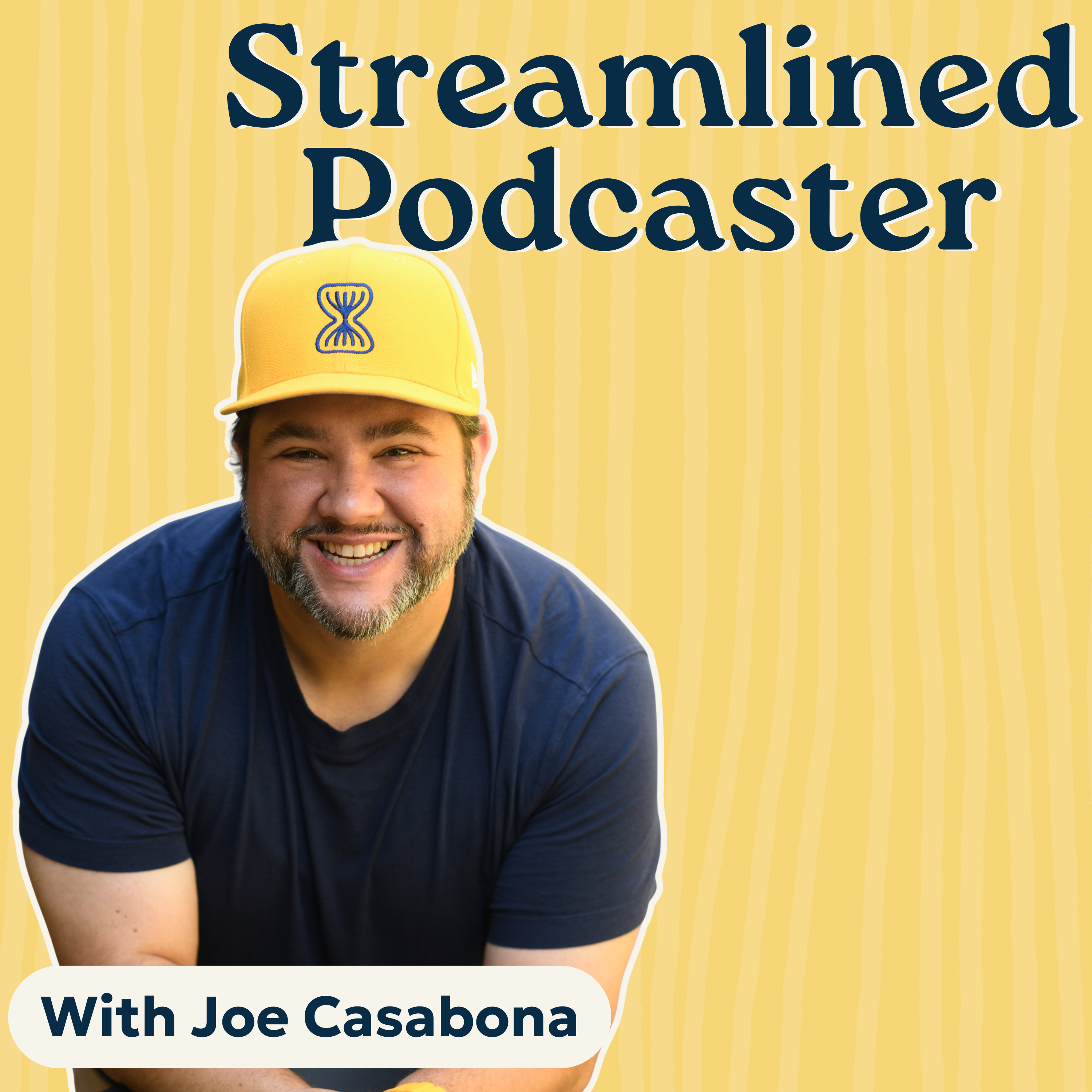Podcasting Made Simple
Podcasting Made Simple is the premier podcast about podcasting! We’re here to help podcast guests and podcast hosts reach more listeners and grow their income so they can change more lives! Join Alex Sanfilippo and other podcasting industry experts as they share how you can level up on either side of the mic! (Show notes and resources: https://PodMatch.com/episodes)
Podcasting Made Simple
How to "Wow" Podcast Listeners | Yuval Selik
MORE FROM THIS EPISODE: HTTPS://PODMATCH.COM/EP/170
Yuval Selik, the host of The 7 Hats Podcast, shares his methods for finding interesting and relevant guests. Additionally, he talks about researching those guests to produce engaging questions and interviewing tactics to keep the flow of the podcast exciting and less robotic, so your listeners stay engaged. If you're looking to "Wow" your listeners, this session is for you!
MORE FROM THIS EPISODE: HTTPS://PODMATCH.COM/EP/170
📊 This month's Independent Podcasters Report is now available! To see podcasting industry insights that matter for indie podcast hosts and podcast guests, please visit https://PodMatch.com/Report!
For thousands of years, humans had an innate desire to share their stories, communicate their message, spread their ideas. From cave paintings, to myths and legends to Shakespeare. Stories were passed down from one generation to the next. But how effective is a story, if the only method of transmission is the uninterrupted line of sight between those listening or reading? Well, that all changed in the 1800s with the genius of three people who had an idea worth sharing with the masses. Samuel Morris, who invented the telegraph, Alexander Graham Bell who invented the telephone and Guglielmo Marconi who invented the radio. And since then, storytelling has taken on a whole new life by the ability to transmit instant communications over vast distances. Fast forward to 2021, and podcasts have taken the world by storm, to entertain, humor and educate the listener. But it's more than that. It's a way to spread our ideas by the common person who isn't a radio talk show host or television personality. We all now have the power to change the world with our ideas, our stories. One of my favorite TEDx talks is by Julian Treasure. He opened his talk with the following; "The human voice, it's the instrument we play. It's the most powerful sound in the world, probably. It's the only one that can start a war or say I love you. And yet many people have the experience that when they speak people don't listen to them. Why is that? How can we speak powerfully to make change in the world. As podcasters we must ask ourselves the same question. How can we speak powerfully to make a change in the world? In 2021 57% of Americans have listened to a podcast. That is up 30% in three years. Weekly podcast listeners tune in an average of eight podcasts per week. And as of November, 2021, there are more than 2.3 million podcasts out there. However, only 23% are active. Why, why are so many podcasts experiencing 'pod fade'? Meaning the whole set sayonara just after a few episodes. And the more important question that I have is why do so many podcasts suck? They're boring all over the place and just plain not interesting to the listener. Well, my answer is that it's hard to create greatness consistently. It's a challenge to deliver highly engaging and memorable podcast shows over and over again. It's hard to stay true to the core genius of a great story, which is evoking, certain emotions that increase the chance a message is shared. The emotions of fear and anger and amusement and happiness and surprise, which inspire people to share your idea and spread your message. When I created my podcast The 7 Hats, I asked myself the following questions; why does the world need another podcast? How can I be different? And most importantly, how could I not suck? And I responded as follows; my mission needs to be unique. I need to bring exceptional guests only. And to not suck, well, I had to prepare in advance so I can guide the guests along the interview in a way that tells a story worth sharing. So I'd like to discuss three ideas with you to get you there. Number one, how to find exceptional guests. Number two, how to research your guests, prepare questions that guide them through the interview. And finally, number three, how to navigate the interview so it doesn't sound robotic and too structured. So how do I find exceptional guests? Well, you have to start with the end in mind. Who is your ideal avatar? Who's listening on the other side. So you might think that you're the hero of your podcast. You might think that your guest is the hero, but the reality is that your listeners are the hero of your podcast. Why? Because they're the ones that spread the message. They relate the story. Once you understand your listener, search out the places where your listener congregates. What podcast do they subscribe to? What blogs are they reading? Which social media groups do they subscribe to? What YouTube videos do they seek to watch? By understanding your listener and knowing where they spend their time, you can easily find those teachers, coaches, writers, speakers, or personalities that your listeners seek. In addition, by frequenting those congregations, you get a sense of incredible topics to discuss. Your listeners are already telling you what they want to hear more of. The golden nuggets are in their social posts. The Google searches, the blogs they read and the podcasts they listen to. Another option I use frequently is websites where podcast hosts are matched with podcasts guests. Pod Match is a great option. Think of it as your favorite dating app, but instead of finding dates, you're booking interviews. That said, don't forget about your avatar's desires. You will find that there is a supply and demand conundrum, too much demand for your little supply. So choose wisely. Finally, LinkedIn, that's my preferred method or Instagram or Facebook are other platforms that allow you to connect with your future guests. So as you can see, if you know, the guests that you seek there isn't a shortage of ways to connect. I will say once you find your guests, it's imperative to reach out appropriately. I won't go into this subject in this video, but I will say that there are plenty of templates out there on your favorite search engine. Just type podcast guest request template, and voila 1.2 million links you can click on. I can't tell you how many podcasts I listen to, where the host just doesn't get their audience, and this needs to change in our industry so that we as podcasters get our message across before the listener moves on to another show. Now that you have your guests lineup. How do you research your guests and prepare questions that guide them through the interview? Here, I started with searching the internet. Your favorite search engine is going to be your best friend I promise. Search by their name, look them up on LinkedIn, do they have their own podcast or guests and any other podcasts? Did they write a book? Do they own a company? The list goes on and on. You want to find out where they've been, what they said and who interviewed them in the past. Also, I don't just scroll through the first page of the results. I go all the way to the end. Why, because you don't want to miss out on the gold nuggets that reside on page 15 of your search. And you know, if my guest is not well-known as will be the case, when you first start your podcasting career, I will send them a pre-interview survey. This method has its pros and cons though. On the one hand, you can gather the information that is not found in public, and it also allows your guests to get a good feel for the types of questions that you're going to ultimately craft. You can ask them for their unique qualifications regarding a specific topic of the show, or maybe some wild and crazy facts that could be a point of connection between them and your listeners. The con is that they might not, they might, might not complete the survey promptly, or even at all. People are busy and you risking them pushing back. Either way, I will send a survey if I need more info. Now, it's time for the work that the 99% of other podcast hosts fail to do. Now it's time to read that book, listen to as many podcast shows as possible, read as many buyers or articles written about your guests. Anything that can arm you with the information that you need to craft your story, to set up your questions. For me, I created a template on Notion. It's a note-taking app, but you can use another tool like Evernote or even a piece of paper who cares. I structured it into following sections; episode number and name of the guest at the top, followed by all the social media links, those are going to be great for your show notes. Then their bio, and you know what, if their bio doesn't exist, I write it myself. Then the topics. I think that those topics will be critical. The topics that I think will be critical to address during our show kind of like a framework or building blocks that I want to follow. Finally, I detail all the notes from my research with topics, framework and notes at hand, I craft my intro. The purpose of the intro is to set the stage and make sure that the listeners are engaged and eager to listen to the rest of the show. Once I have the topics and framework, I start crafting the questions in three segments. Segment one, the background, or where, where it all started. Next, the meat of the story, how that story applies to my audience. And finally, the final segment or what I like to call the close. For me, I like to close with the same question, but ultimately the close is really up to you and the type of show that you produce. See your job is to keep it flowing, keep it interesting. Offer an angle that has not been tried in the past by anyone else, and for God's sakes, tell a great story. One thing I will say regards regarding great stories, it's not easy to tell a great story. So if you need a little support, look up Michael Hague, Hauge, or send me a note and I'll connect you with his work. No one else helps storytellers tell a great story. Just ask Will Smith or Russell Brunson who worked with my friend, Michael in the past. Now, now that you have your guests booked, you've researched and crafted, engaging, and interesting questions to ask them. How do you navigate the interview so that it doesn't sound robotic and too structured? If you just ask one question after another, you will sound like so many other podcasts out there where the host just fires off question after question, which you guessed it, sounds robotic, and in my opinion, boring. Look at the greatest interviewers out there, Larry King, Oprah, Charlie Rose, Joe Rogan. What do they have in common? Well, they all have a set of questions that they pre-write before the interview, right? Yes. But they don't sound like they've, they've written those questions ahead of time. They don't sound robotic or structured. They have a conversation and they tailor that conversation and questions according to that discussion. Actually, what they really have is a skill that most of us struggle with, they listen. I may have 30 questions in front of me and my podcast, but I might only ask 15 of them. And I do so by listening to what the guest is saying, and I also make sure that I just don't ask the next question on my list. If the guest veers off topic, I transition them back to where I was originally heading towards in my timeline. It's an internal navigation system. And as a host, I must have one to change directions so that I don't veer off the path and get lost. By researching and planning in advance, you will have a clear beginning, perhaps an unknown path that your conversations will take, but a clear ending point, don't lose sight. I remember when I rented my first car with a navigation system from Hertz, it was called Never Lost. Great name by the way. Why, because when you started your journey, no matter which turn you took, it got you to the final destination. You need to be that navigation system for your guests and shows. So let me ask you a question, what would the podcast world be like? If we, the hosts took the time to really understand the life, the challenges and the emotional essence of our guests. You see podcasts have entered the mainstream, but unfortunately the mainstream is well mainstream. Let's up our game as podcasters and take this, this medium to places that it has never gone before. Let's innovate, and let's tell our story, you know why? Because it's an idea worth sharing. Thank you.
Podcasts we love
Check out these other fine podcasts recommended by us, not an algorithm.
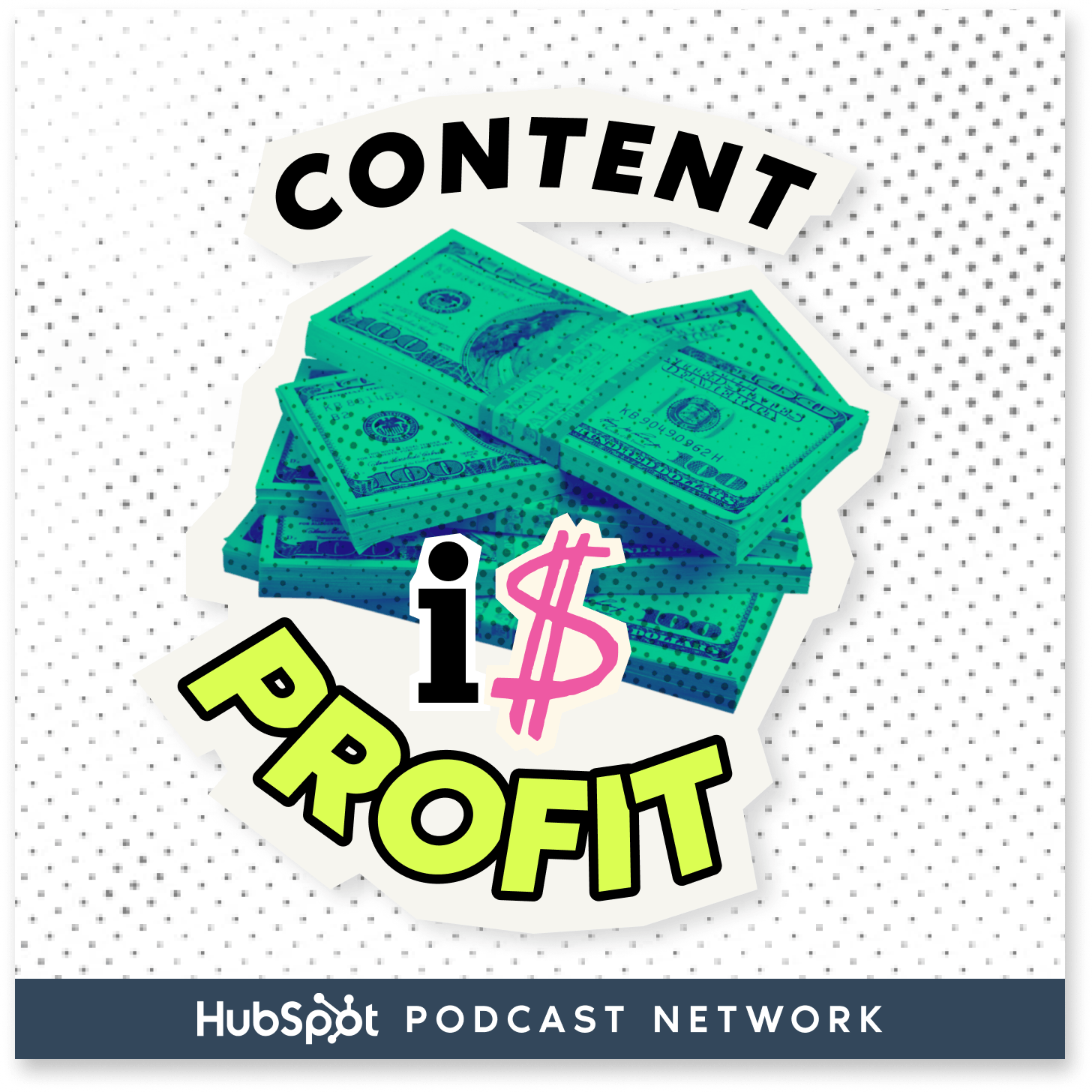
Content Is Profit
BIZBROS
Win The Content Game
Deirdre Tshien - CEO & co-founder of Capsho, AI-powered Content Marketer (the fastest way to repurpose and market your expert content)
Fastlane Founders and Legacy with Jason Barnard: Personal Branding, AI Strategies, and SEO Insights
Jason Barnard Entrepreneur and CEO of Kalicube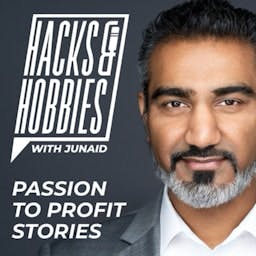
Hacks and Hobbies with Junaid Ahmed
Junaid Ahmed
I Have A Podcast by Vinnie Potestivo
Vinnie Potestivo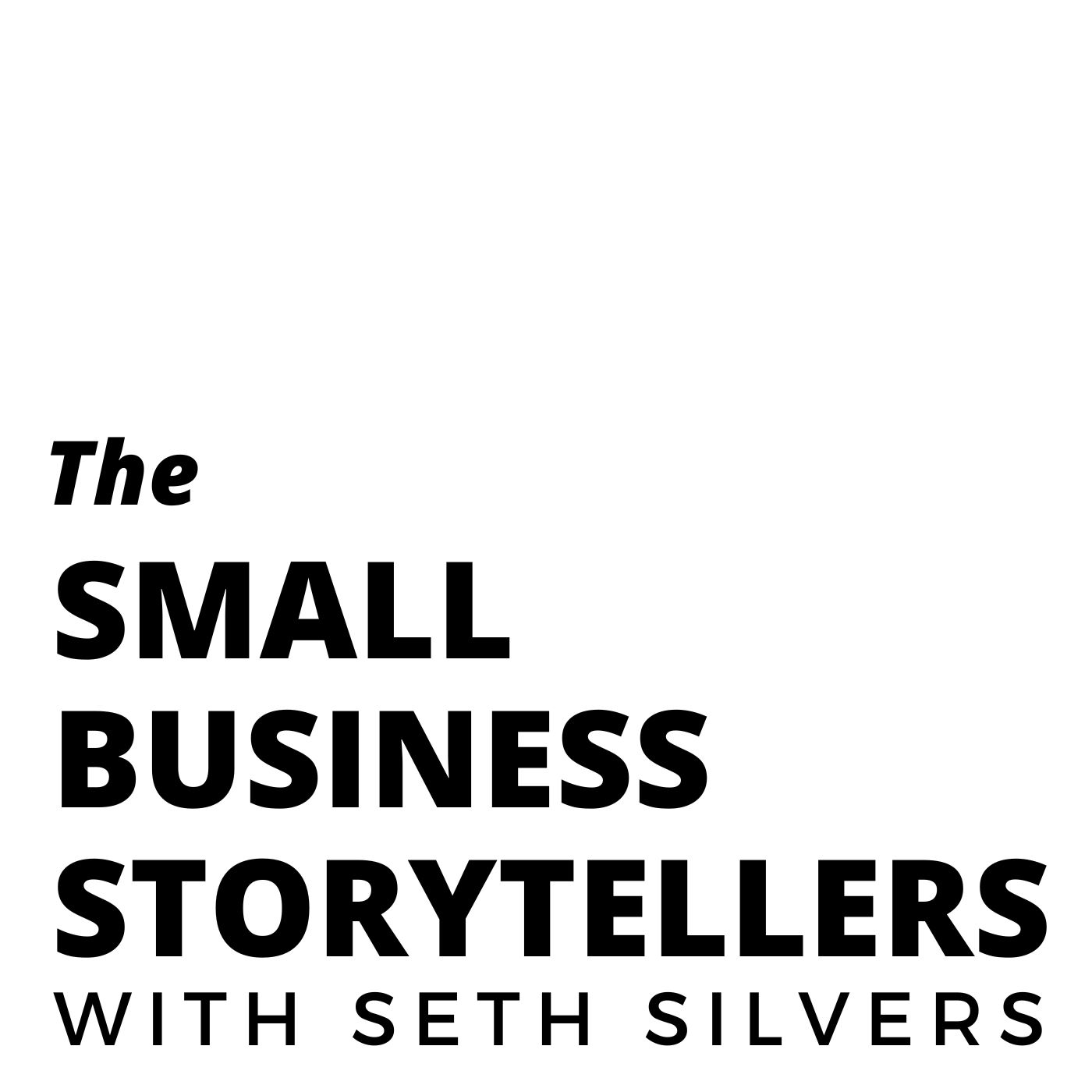
The Small Business Storytellers with Seth Silvers
Seth Silvers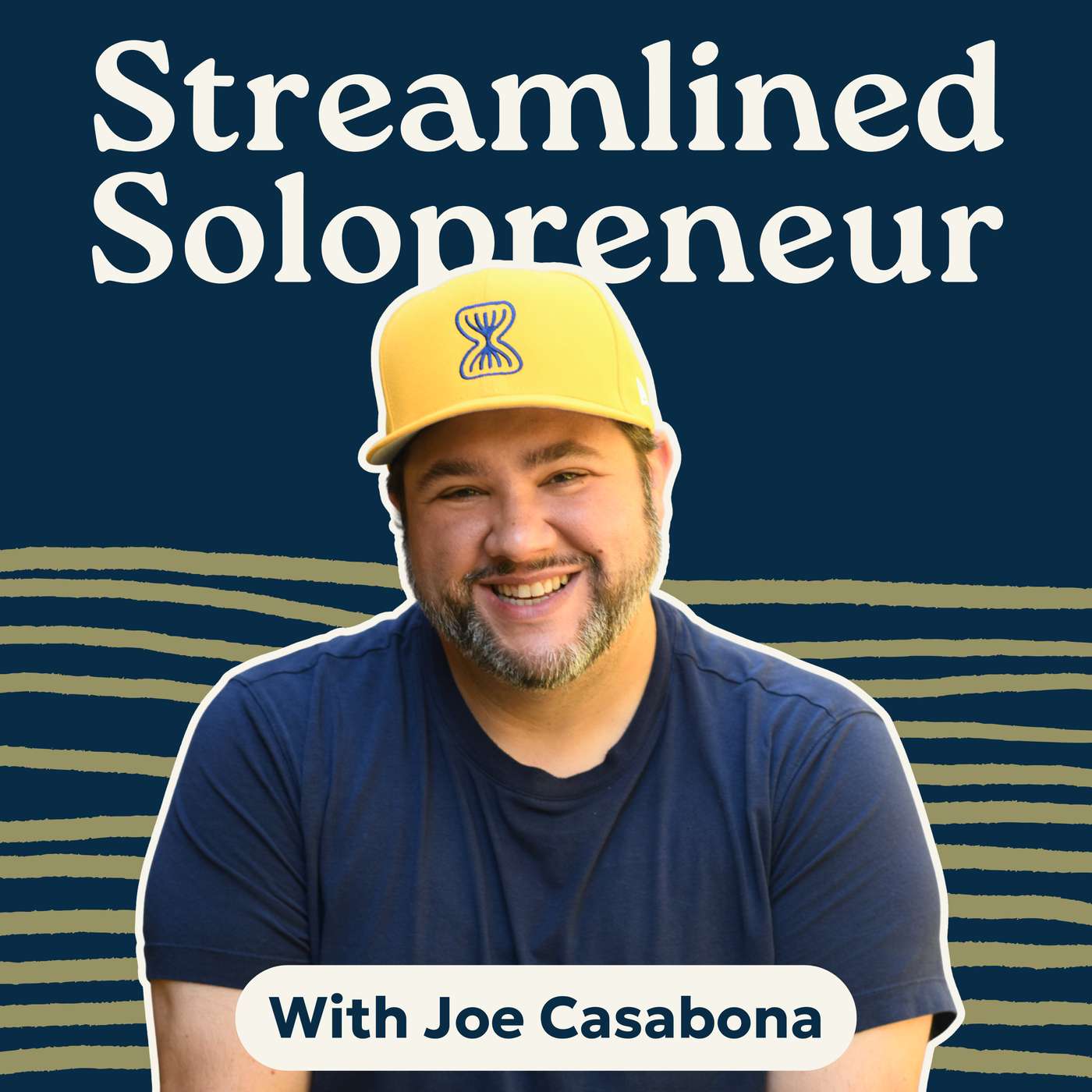
Streamlined Solopreneur: Tips to Help Small Business Owners Grow Without Burnout
Joe Casabona, Business Systems Coach
Insider Secrets to a Top 100 Podcast with Courtney Elmer | Podcasting Strategy for Business Growth
Courtney Elmer | PodLaunchHQ.comDo The Thing
Stacey Lauren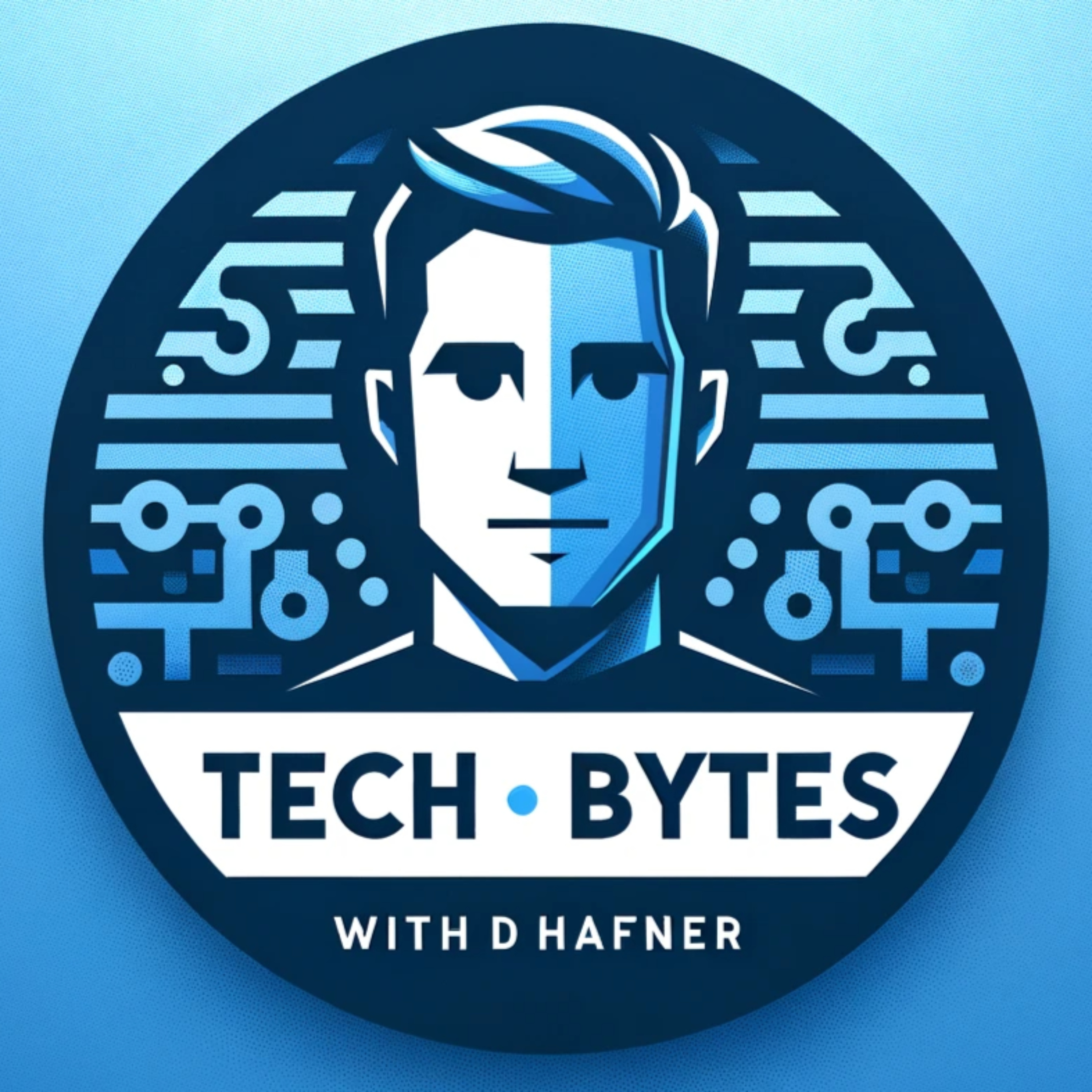
Tech Bytes - with Dan Hafner
Dan Hafner

